Completely failed garden -- Can I grow anything this year?
12 years ago
Related Stories
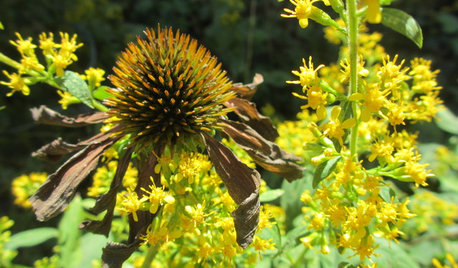
FALL GARDENINGReflecting on a Gardening Year
Mistakes and successes, surprises and comforts. The garden helps us grow in new ways every year
Full Story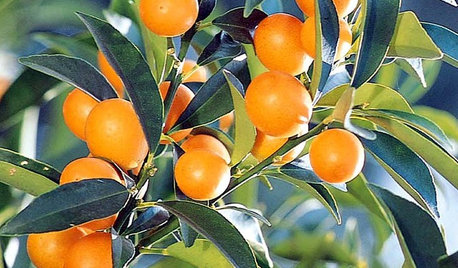
FALL GARDENING5 Fall Fruits You Can Grow in Containers
Brighten your porch or patio with a potted pomegranate, kumquat, blueberry bush or another great fall fruit
Full Story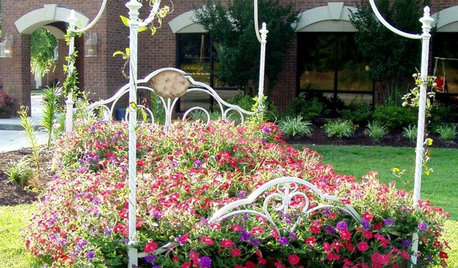
CONTAINER GARDENSYes, You Can Grow a Plant In That
You can upcycle your old typewriter, paint cans, tires and many more things into places for your plants
Full Story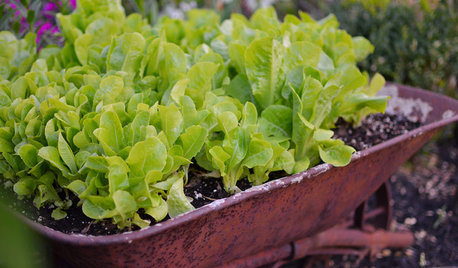
GARDENING GUIDESYes, You Can Grow Food in a Shady Yard
Your shady garden doesn’t have to be forever barren. Berries, herbs and other shade-loving plants can produce a delicious bounty
Full Story
EDIBLE GARDENSHerb Garden Essentials: How to Grow Thyme
Common thyme and its flavorful cousins are anything but ordinary in the garden
Full Story
SPRING GARDENINGHow to Grow a Rose Garden in Pots
Everything can come up roses, even without a plot of soil in sight. This step-by-step guide to growing roses in containers shows you how
Full Story
EDIBLE GARDENSSummer Crops: How to Grow Tomatoes
Plant tomato seedlings in spring for one of the best tastes of summer, fresh from your backyard
Full Story
FARM YOUR YARDHow to Grow Vegetables in Containers
Get glorious vegetables and fruits on your patio with a pro’s guidance — including his personal recipe for potting mix
Full Story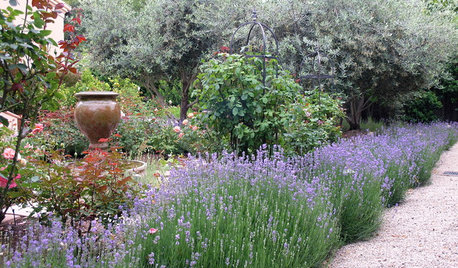
FLOWERSHerb Garden Essentials: Grow Your Own Fragrant Lavender
This do-it-all plant is ideal for almost any garden, and its uses are abundant around the home
Full Story
EDIBLE GARDENSHow to Grow 10 Favorite Fruit Trees at Home
Plant a mini orchard in fall, winter or early spring to enjoy fresh-off-the-tree fruit the following year
Full Story







StarterGardenerOriginal Author
calliope
Related Professionals
Manhattan Beach Landscape Architects & Landscape Designers · Salem Landscape Contractors · Cordele Landscape Contractors · Dickinson Landscape Contractors · Fort Worth Landscape Contractors · Hoffman Estates Landscape Contractors · Kailua Landscape Contractors · Mount Sinai Landscape Contractors · Old Saybrook Landscape Contractors · South Lake Tahoe Landscape Contractors · Sugar Hill Landscape Contractors · Foley Driveway Installation & Maintenance · Northbrook Driveway Installation & Maintenance · Round Lake Beach Driveway Installation & Maintenance · Fort Myers Driveway Installation & Maintenancesunnibel7 Md 7
User
StarterGardenerOriginal Author
noinwi
chickenfreak
calliope
louisianagal
sunnibel7 Md 7
noinwi
lorimcp2006
lilydude
ShenandoahJoe
happyday
capoman
t-bird